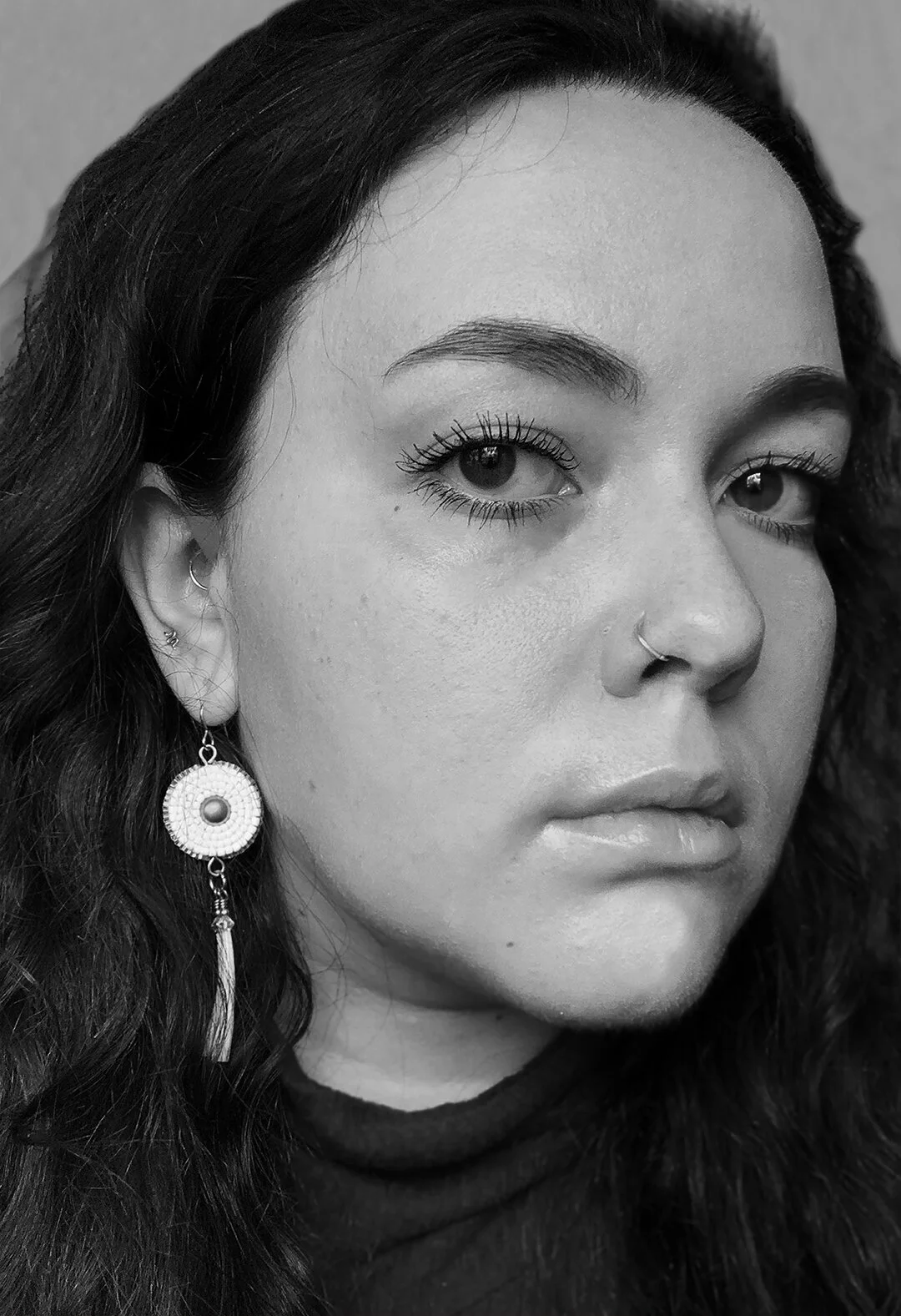About Cali M. Banks
Read her interview with Lomography here.
Born and raised in Syracuse, NY, Cali M. Banks is an interdisciplinary artist of Munsee Lenape and Scottish descent. She is currently based in Brooklyn, NY. She holds an MFA in Interdisciplinary Media Arts Practices from the University of Colorado Boulder, and a BA in Art and Technology and Global Health Studies from Allegheny College.
She is currently an Adjunct Professor of Photography and Video Art for Indiana University. She is also an instructor at Reel Works, teaching experimental and documentary filmmaking workshops, and their School Partnerships Coordinator.
Her artistic practice reclaims identity through performative photography. Her work explores the ideas of public versus private narratives, and the expansion of narrow, flattened definitions of indigenous art. It’s important to decolonize the spaces we are learning and researching in as artists and scholars, especially as she is a direct product of assimilation. Decolonization, in this case, can be seen by deconstructing westernized views on what indigenous art can look like, and dismantling the reductive ideas of what western ideas would expect. She is reclaiming what she still has left of her culture, and honoring those rituals in her work.
Her work can be described as raw, often creating a visceral response in the audience. This allows viewers to confront their own viewpoints on women’s bodies, and relates to notions of what can be considered graphic. Natural bodily functions, illnesses, and trauma in women’s bodies can sometimes provoke feelings of disgust, fear, or panic - which then turns women into objects. Class, race, and gender all play a role in a person’s physical and mental wellbeing, but it is apparent that these aspects of identity do not provide an equal approach of understanding. Research in implicit bias studies have shown that no matter who the person is, they will have a hard time believing that a woman is in pain. So in turn, is this considered hysteria in women? Meaning, medical professionals would rather address what can be “fixed”; what can be disinfected, medicated, stitched up. It is not desirable to peer into ourselves to find the true, internal causes of illness, which is even more difficult for doctors to do with another human being.
In recent times, she has exhibited work at Art Basel Miami, Every Woman Biennial London, RedLine Contemporary Art Center, Tiger Strikes Asteroid Philadelphia, Atlanta Film Festival, and Anthology Film Archives. She is also a featured artist in Issue # 24, #26 , and #38 of The Hand Magazine, and has been published on Lomography and Lenscratch.
